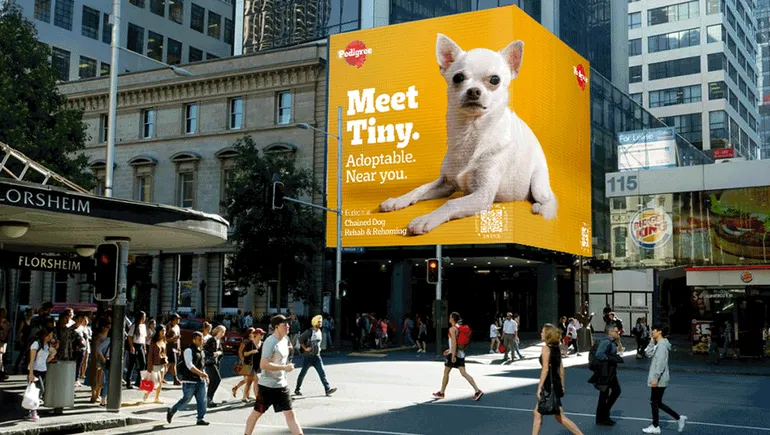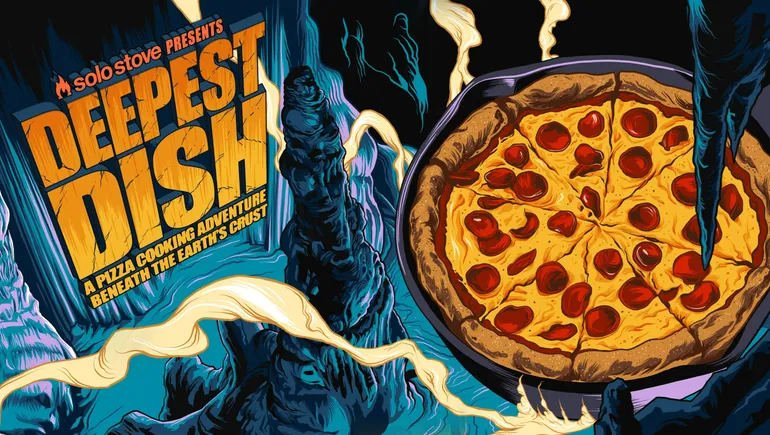
Schick owner Edgewell buys razor disruptor Harry’s for $1.4B
Dive Brief:
- The Edgewell Personal Care Company has entered an agreement to purchase the direct-to-consumer (DTC) razor startup Harry’s for $1.37 billion, according to a news release. The deal was announced around Edgewell’s Q2 2019 earnings report, which saw organic net sales slip 8.9% for the quarter.
- Following the transaction’s close, Harry’s co-founders and co-CEOs Andy Katz-Mayfield and Jeff Raider will join Edgewell’s executive team and act as co-presidents of U.S. operations. Edgewell, known for products like its Schick line of razors and Playtex tampons, will leverage Harry’s to “appeal to a broader and more diverse set of consumers,” the company said.
- The acquisition comes with Harry’s technology suite, including data and analytics, DTC and performance marketing capabilities. Harry’s aims to continue to grow its brand through Edgewell’s global infrastructure and presence in new retail markets.
Dive Insight:
As time passes, Unilever’s acquisition of Dollar Shave Club for $1 billion in 2016 looks more and more like a defining moment for how the packaged goods segment has evolved to meet the demands of the digital age. Edgewell buying Harry’s closely mirrors that deal, but also embodies a shifting dynamic between DTC disruptors that built their business on online performance marketing and legacy packaged goods companies shaken by the rise in DTC services that are favored by key buying segments like millennials.
With Harry’s under its belt, Edgewell nets a brand with agile e-commerce capabilities and a reputation for the type of progressive messaging that resonates with younger consumers. At the same time, the six-year-old Harry’s gains access to a legacy marketer’s global scale and mass merchant retailer network — an infrastructure that can take years or even decades to grow organically. Still largely known as an online subscription service, Harry’s today has a presence in some big-box stores, like Target and Walmart, but clearly sees an opportunity to be introduced to more markets faster with Edgewell.
Together, the two companies are aiming to ignite the type of growth that’s proved elusive to large packaged goods companies in recent years amid digital disruption and mounting costs impacting the category. That growth has also started to slow for DTC brands that have run out of new audiences to reach on channels like social media. More mature DTC brands are now migrating to traditional channels like TV to layer a stronger brand marketing competent onto their largely performance-based roots.
Prior to the deal, Edgewell and Harry’s shared similarities in their marketing strategies, with the former seemingly having taken a cue from the latter. Harry’s established its brand around ads that challenge traditional notions of masculinity and Edgewell’s Schick has more recently adopted a positioning that promotes “healthy masculinity.”
Marketing a progressive vision of what defines being a man has become a refrain overall in the traditionally stodgy razor category, with other brands, like Procter & Gamble’s Gillette, creating more cause-based campaigns. P&G, like Edgewell and Unilever, has also ramped up a DTC focus, not only to support existing offerings like Gillette, but also through acquisitions. The Cincinnati-based company recently purchased the feminine care marketer This Is L. and Walker & Company, a DTC brand that creates grooming and haircare brands for consumers of color.





